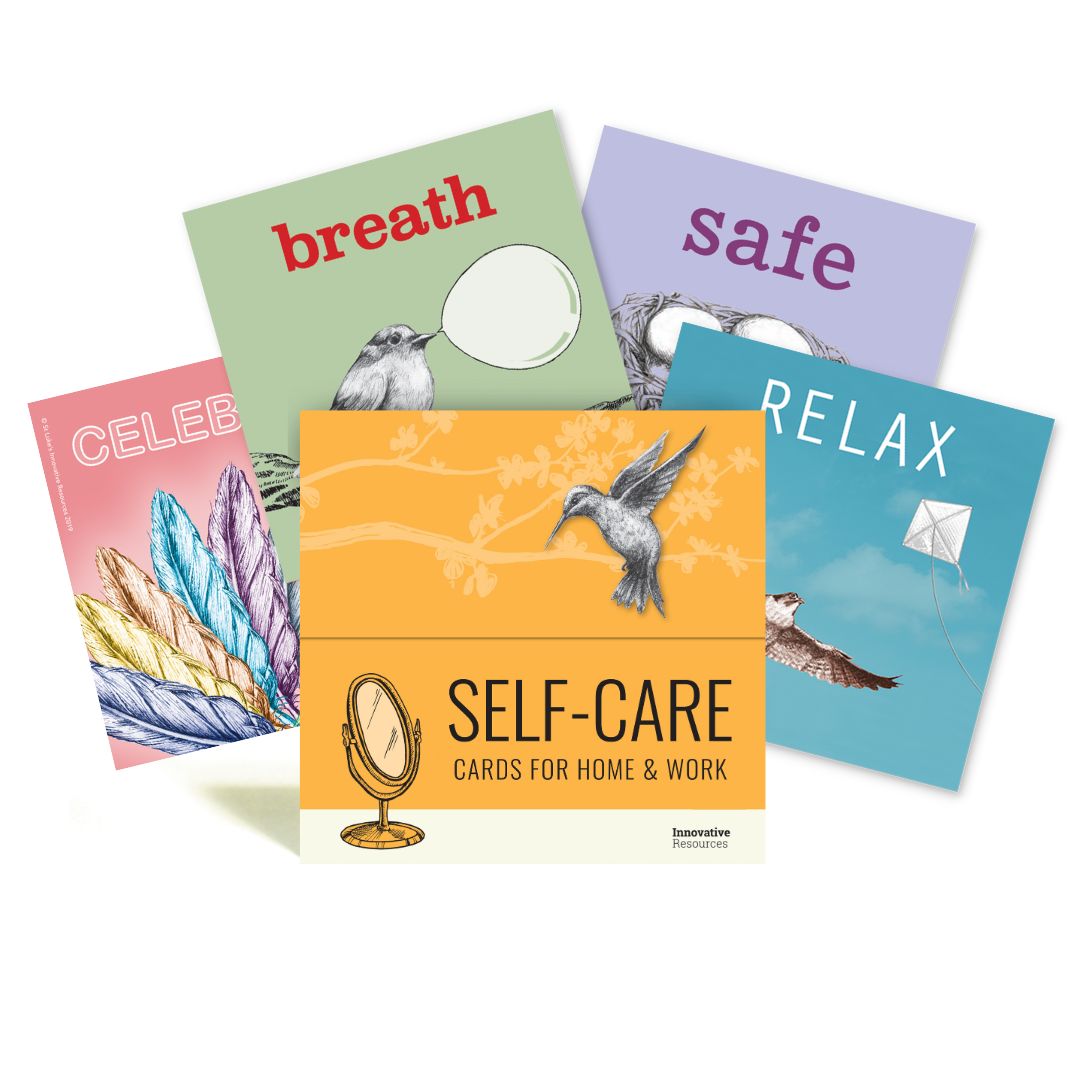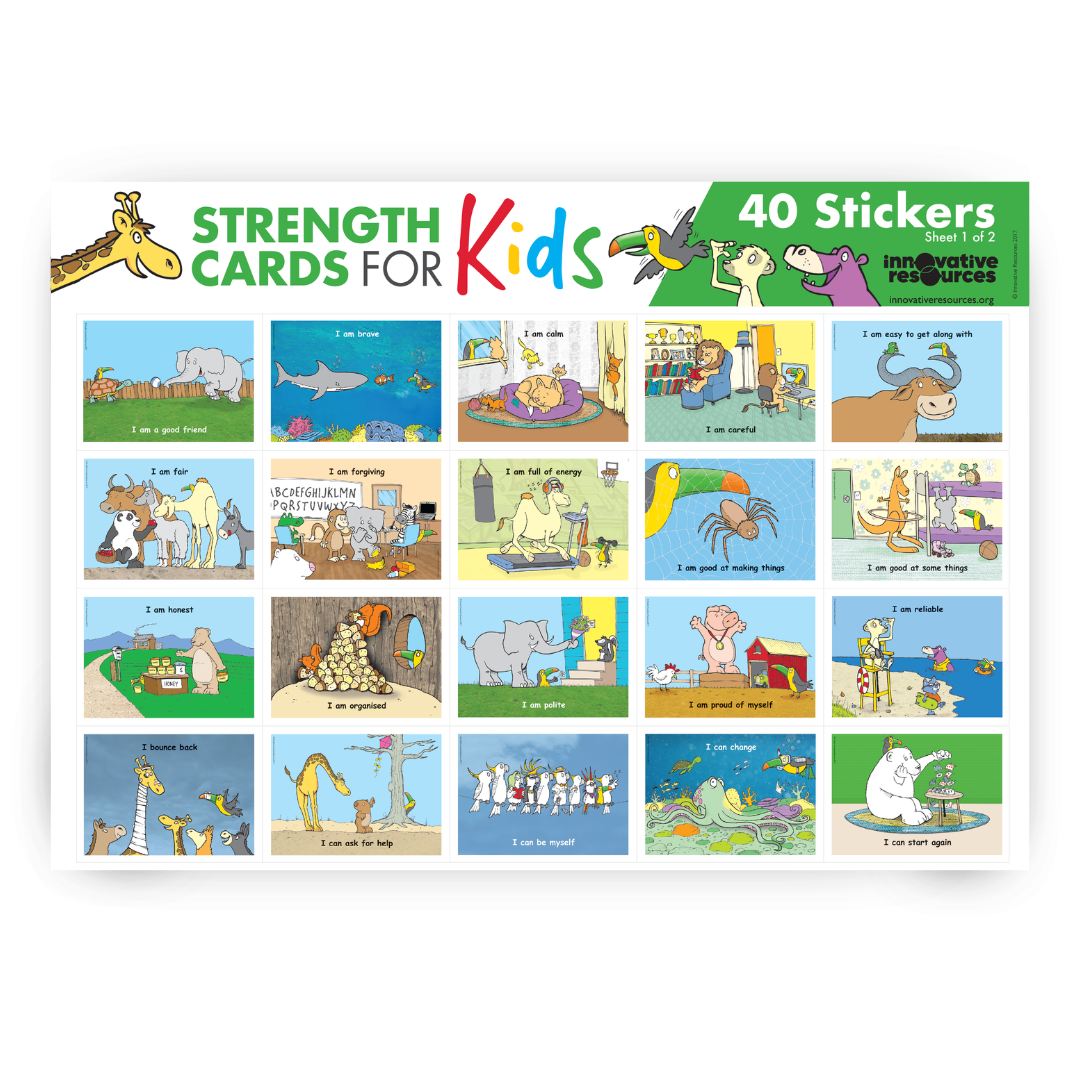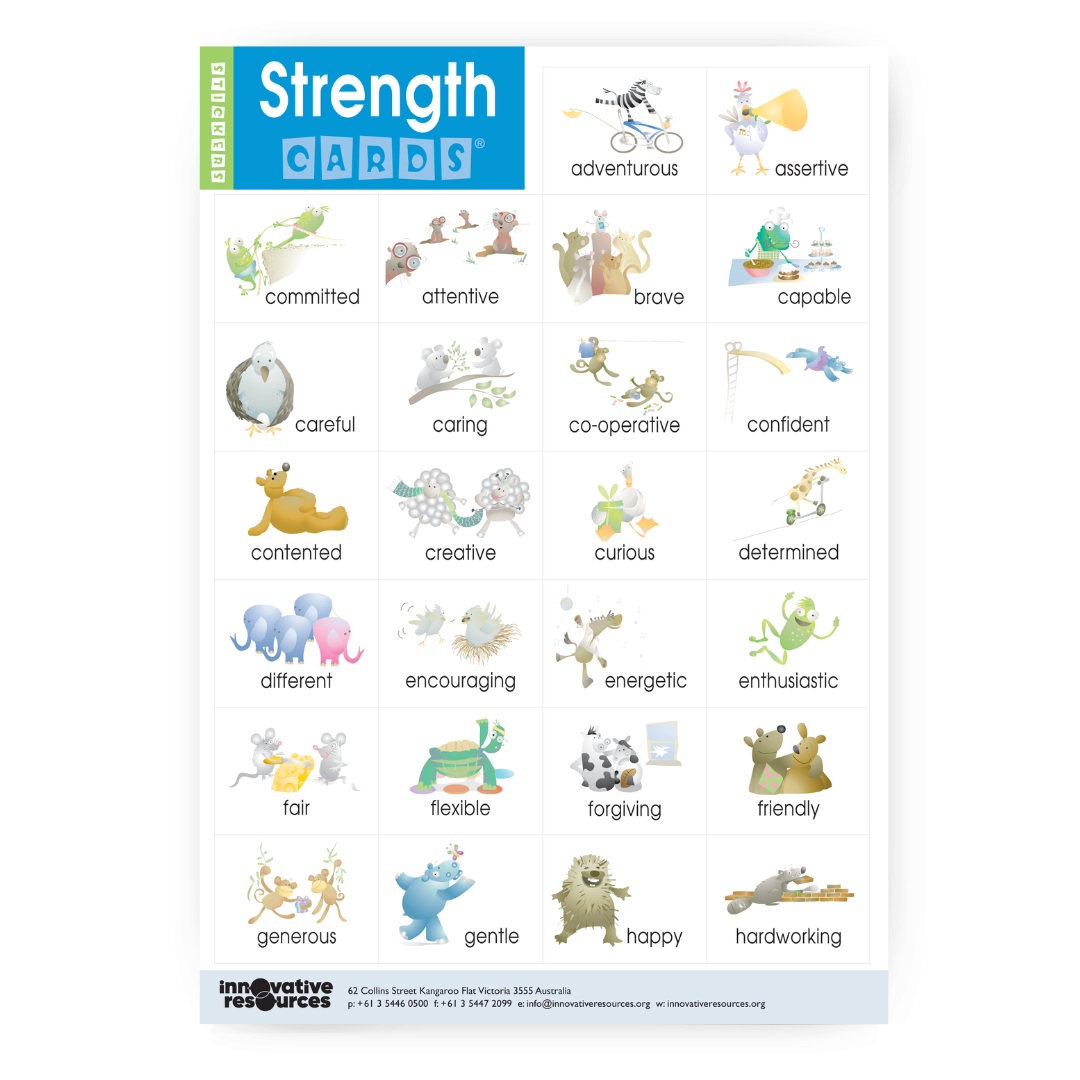overview
Every workplace has its stressors, especially professions that support others such as human services and education. Whether you work directly with clients or students, or are located primarily in an office, you will be aware of the toll your work can take on your personal and professional lives. Working within a team or hierarchy is an added dynamic that can sometimes be stressful.
Simply going to your place of employment can have a profound effect upon you and those around you, not to mention the cost to the industry of reactive measures put into place after an employee becomes unwell and even unable to remain in their job. While the concept of wellbeing is by no means new, measures to maintain a healthy workforce are often ad hoc, left to the individual or focussed solely on non-work related activities.
This highly interactive workshop will use a range of methods to delve deeply into what it takes to maintain workplace wellbeing. Together, we will explore not only the ‘tried and true’ ways of staying ok, but look a little further into how powerful self-care strategies can be found within the work we do.
what to expect
This workshop will explore:
- the differences between stress, burnout, compassion fatigue and vicarious trauma
- the balance between empathy, self-awareness, social connectedness and workplace wellbeing
- how ‘emotional literacy’—the ability to articulate the links between body signals, feelings, thoughts and actions— can open the door to effective, sustainable wellbeing conversations
- a range of resources that foster conversations on wellbeing and support the development of self-care plans
- why and how a team approach to wellbeing works
- some simple techniques to manage anxiety and worry
- how organisational wellbeing cultures can be developed and maintained
- how to use practice reflection as a wellbeing activity
- the beginnings of your new wellbeing plan.
resources used
Variety of Innovative Resources card setssuitable for
- Child, youth and family workers,
- Counsellors,
- Teachers,
- Psychologists,
- Parenting educators,
- Foster carers,
- Psychologists,
- Youth workers,
- Life coaches,
- Mentors
- Anyone who works with children, youth, adults, families and communities
facilitator
Alison Krusec
With over 30 years’ experience working with families in a range of human services and early year’s settings, Alison is the ideal person to support social workers, counsellors and psychologists build their strengths-based, solution-focused toolkit.
Alison is passionate about demonstrating how different resources, card sets and tactile tools can easily be incorporated into everyday conversations with clients, colleagues and teams. She can tailor training around the needs of your organisation or practice.
Need more info
Get in touch to ask a question or explore delivery options. We offer custom workshops and can guide you toward the best training format for your goals.




